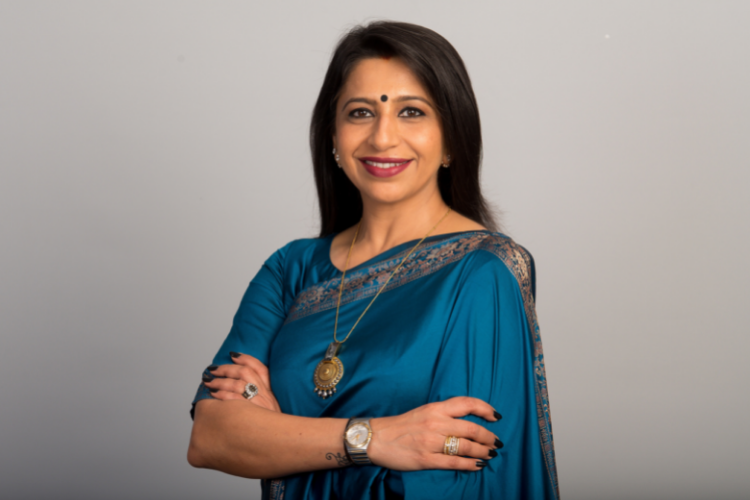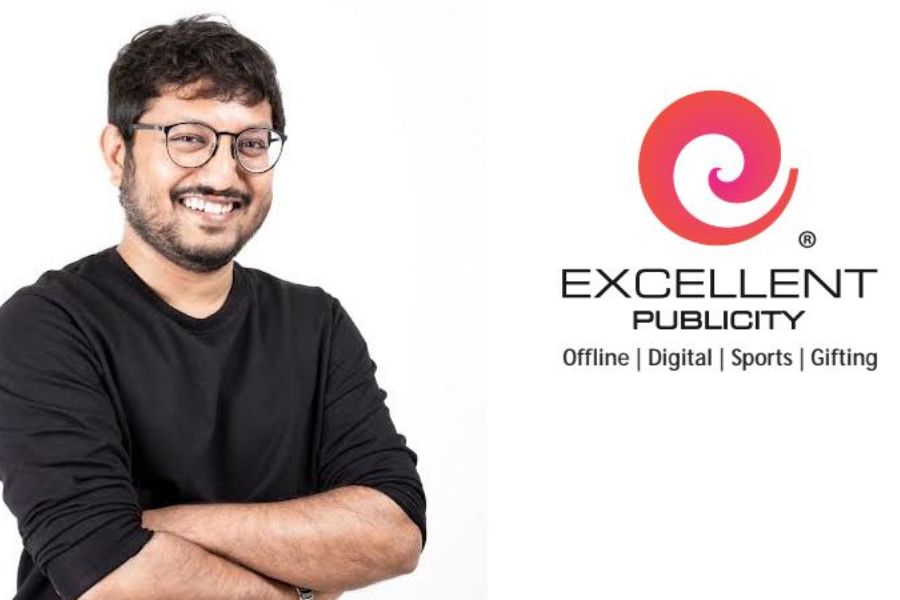Like most broadcasters in the pandemic, Discovery Communications India, too, bore the brunt of the lockdown. However, the network took this time to innovate and come up with some of its biggest properties, including its OTT platform Discovery+ and sports channel Eurosport.
Riding on the frenzy of Korean content in India, it recently collaborated with the Korean Tourism Board for its ‘Star vs Food’ series, which featured Korean Pop artists and brought in great traction for both brands.
Claiming that most decisions taken by the network were risky, yet fruitful, Megha Tata, managing director – South Asia, Discovery Communications India, takes us through the network’s journey in India, the difference between the company's Indian and global markets, growth of its various platforms and the challenges it faces.
Edited excerpts:
How do the marketing strategies of Discovery Communications India differ from that of the global market?
Globally, Discovery is seen as a huge entertainment platform, due to the popularity of its fiction content. However, the proposition in India is more in the infotainment space, rather than the general entertainment space. This is one of the fundamental differences in India vs other markets. Nevertheless, we have the benefit of lots of international content that we can bring to India, of course by localising and dubbing it in different languages to make it more relatable to our audiences.
It's been 18 months since the launch of Discovery+ in India. What kind of growth are we seeing here? Also, in terms of advertising, how different are the profiles of brands advertising on the OTT platform versus television?
The plus to Discovery+ was to create a complementary proposition to the existing entertainment needs of a consumer. The growth in India has exceeded our expectations. We launched Discovery+ around the time of the lockdown and it was a decision we deliberated on, for quite a bit. But, it was one of the best calls we made because audiences were spending a lot of time at home and looking for newer content. The content got sampled, appreciated and we got some fabulous feedback from our users. We did a lot of original shows which we hadn't done ever since Discovery was launched in India. For us, the big advertising spends in India continue to come through linear. The growth we’ve seen on Discovery+ has been humongous. Around 30-40 clients have come aboard to advertise. That's the combination that has worked for Discovery+ as well. We take pride in creating content for our brands on linear and are now trying to replicate it on Discovery+ as well.
On Discovery+ - what kind of content is doing well and what isn't?
History as a genre has taken off well. Volume deal content, as well as our productions like Money Mafia and other highlighted shows, have done extremely well too. However, animal content hasn't done so well, even though that's the kind of content we’re known for, especially with Animal Planet.
There's a perception that the sports category is one that Discovery hasn't been able to crack. Do you think for any sports channel to do well in India, there needs to be a big-ticket cricket property that Eurosport currently lacks?
Eurosport launched in India about a year ago. In India, if you got to play the skin of the big sport, you got to play big in cricket, and there are enough and more players vying for that slot. We would like to be in a distinctive proposition, with a plurality of sports. Our ongoing SAFF Championship and the Tokyo Paralympics on Eurosport was a huge success. While the Olympics was shown on different platforms, the Paralympics didn't have a platform and we created that opportunity for audiences to engage with. There are such fans of these communities who don't have a place to go and watch this. We don't plan on getting commercialised for now.
Coming to Discovery Kids, how has that evolved? There were regional feeds launched a couple of years ago. What's it that viewers are looking for in this category?
Kids content is a growing genre, and as a business, it is a very cluttered market currently. We've had a very strong trajectory of growth since we did a reboot in 2018, both in terms of viewership as well as revenue. Back then, we had a 1% share in the genre which is nearly at 10% now and that comes purely on the back of understanding the kids of our country and two of our biggest IPs - Little Singham and Fukrey Boyzzz. Kids love these and it has created a beautiful niche for them. We're quite committed to growing kids as a genre and are available in five different languages, including Tamil, Telugu, Malayalam and Kannada, which gets us great engagement.
Staying with the kids category, a lot of them are tuned into watching content on YouTube which has no entry barrier for content creators. Would that be a challenge for Discovery?
The viewership of D Kids grew in the lockdown and although a lot of kids watch content on television, they do not ignore the digital play at all. In the coming months and years, you'll see a lot of integration happening between the linear and digital versions of D Kids. Of course, Youtube and such platforms have a variety to offer as well, but what we bring to the table for kids is very different and the reason we've grown our share. This also creates opportunities for a larger ecosystem to thrive - be it writers, creators, animators or producers. Most of the successes that have happened in the kid's space have been on the back of linear, which is a very integral part of our ecosystem today.
You had partnered with Myntra to launch a premium apparel line 'Discovery Adventures X Roadster Life Co'. How is this working for you?
It has only been a month since the launch and the response has been fantastic. It's a cool product to wear, with great designs which are getting us good traction and highlights what our brand stands for - celebrating the outdoors and inspiring activities that enrich people's lives. Choosing Myntra was driven by our partner Black White Orange and we aligned on that.
What was the impact of the pandemic on your advertising spends?
The irony of the situation was that the viewership was at its peak, but nobody was out buying or spending, which was brutal. But, our H1 adex has grown by 40% over 2021 and there's a general sense that it's going to hit the 2019 levels by the end of this year. There is a lot of optimism and positivity about the overall spends. We're all bouncing back strongly and have seen ad revenue grow very steadily, with interesting categories coming up, especially in the edtech, fintech and crypto space.
What are the biggest challenges of the infotainment genre? Who is your biggest competition?
‘How do you localise global content, without taking away the DNA of what the genre stands for?’, is where I see the opportunity. Real-life entertainment or infotainment is an ecosystem that needs overhauling. There's a limited talent pool, but there are few players in the market who can address our needs. Our biggest competition would be platforms like YouTube or Google since maximum audiences consume content there. As much as we are competing with the so-called competitors in the market, we would like to look at us as a complementary product and not a competitive one.




